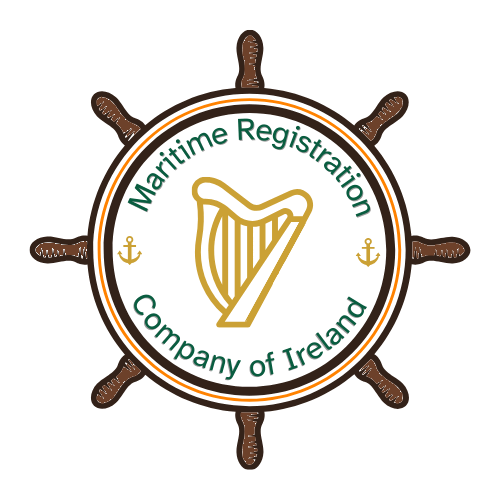
Post-Brexit Sailing for UK Yacht Owners
The Mediterranean, a sailor's paradise, has long been a popular destination for UK yacht owners. However, the departure of the UK from the European Union (EU) has introduced new considerations for those planning to sail in these waters.
By John Clarke
Key Post-Brexit Regulatory Changes
- Freedom of Movement: Prior to Brexit, UK citizens could freely sail their yachts throughout the EU. Post-Brexit, this freedom has been curtailed. UK yacht owners now require valid passports and visas to enter EU countries. The specific requirements vary based on the duration of the visit and the nature of the activities.
- VAT and Customs: The UK's withdrawal from the EU has impacted VAT and customs procedures. Prior to Brexit, UK-registered yachts could sail freely within the EU without paying VAT or customs duties. Now, UK owners may need to comply with local VAT and customs regulations when entering EU countries. This can involve declaring the yacht, paying duties, and potentially obtaining temporary admission.
- Safety and Maritime Regulations: While the fundamental safety and maritime regulations in the Mediterranean have not changed significantly, it's essential for UK yacht owners to be aware of any local variations or updates. This includes complying with requirements for safety equipment, navigation lights, and crew qualifications.
- Insurance: Ensuring adequate insurance coverage is crucial for all yacht owners, especially in the post-Brexit landscape. It's advisable to check with your insurance provider to confirm that your policy covers you for sailing in EU waters.
Planning Your Mediterranean Cruise
To minimize complications and ensure a smooth sailing experience, UK yacht owners should carefully plan their Mediterranean cruises. Key considerations include:
- Researching Visa Requirements: Familiarizing oneself with the visa requirements for each EU country on the itinerary.
- Checking Customs and VAT Regulations: Understanding the customs and VAT procedures for each country.
- Complying with Safety Regulations: Ensuring that the yacht meets all safety and maritime regulations.
- Obtaining Necessary Permits: Securing permits or reservations for marinas or harbors.
- Considering a Maritime Agent: Engaging a local maritime agent to assist with customs, VAT, and administrative matters.
The Benefits of Registering Your Yacht in Ireland
Given the post-Brexit landscape, many UK yacht owners are considering registering their boats in Ireland. This can offer several advantages:
- EU Flag: An Irish-registered yacht flies the EU flag, granting you the same freedom of movement as EU citizens. You can sail freely within the EU without needing additional visas or permits.
- Favorable Tax Regime: Ireland offers a favorable tax regime for yacht owners, including a reduced VAT rate.
- Simplified Customs Procedures: Registering your yacht in Ireland can simplify customs procedures when entering and leaving EU countries.
- Attractive Sailing Locations: Ireland itself offers stunning sailing grounds, making it an ideal base for exploring the Atlantic and Irish Sea.
By registering your yacht in Ireland and flying the Irish flag, you can enjoy the benefits of EU membership, simplify your Mediterranean cruising experience, and explore the beautiful Irish coastline.
For more information and expert advice on registering your yacht in Ireland and planning your Mediterranean sailing adventures, consult with a marine specialist or yacht registration service.

